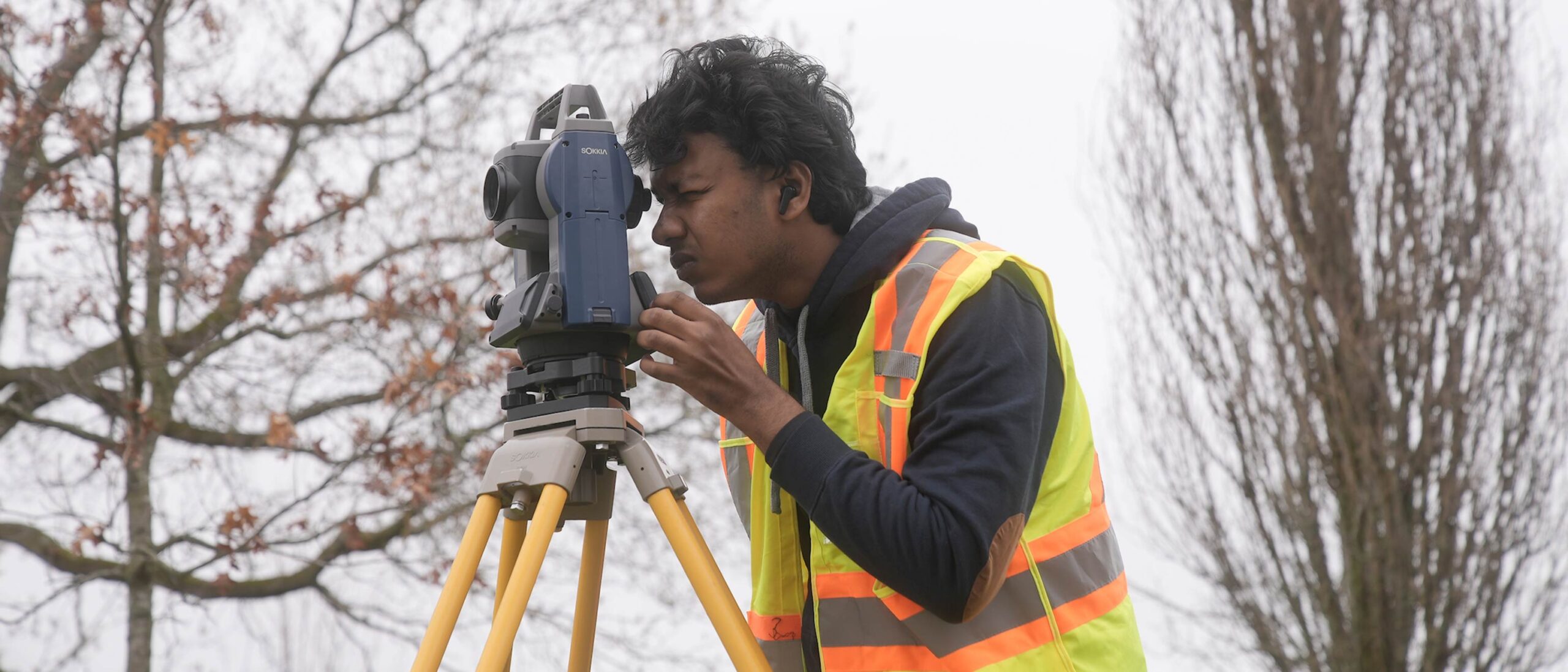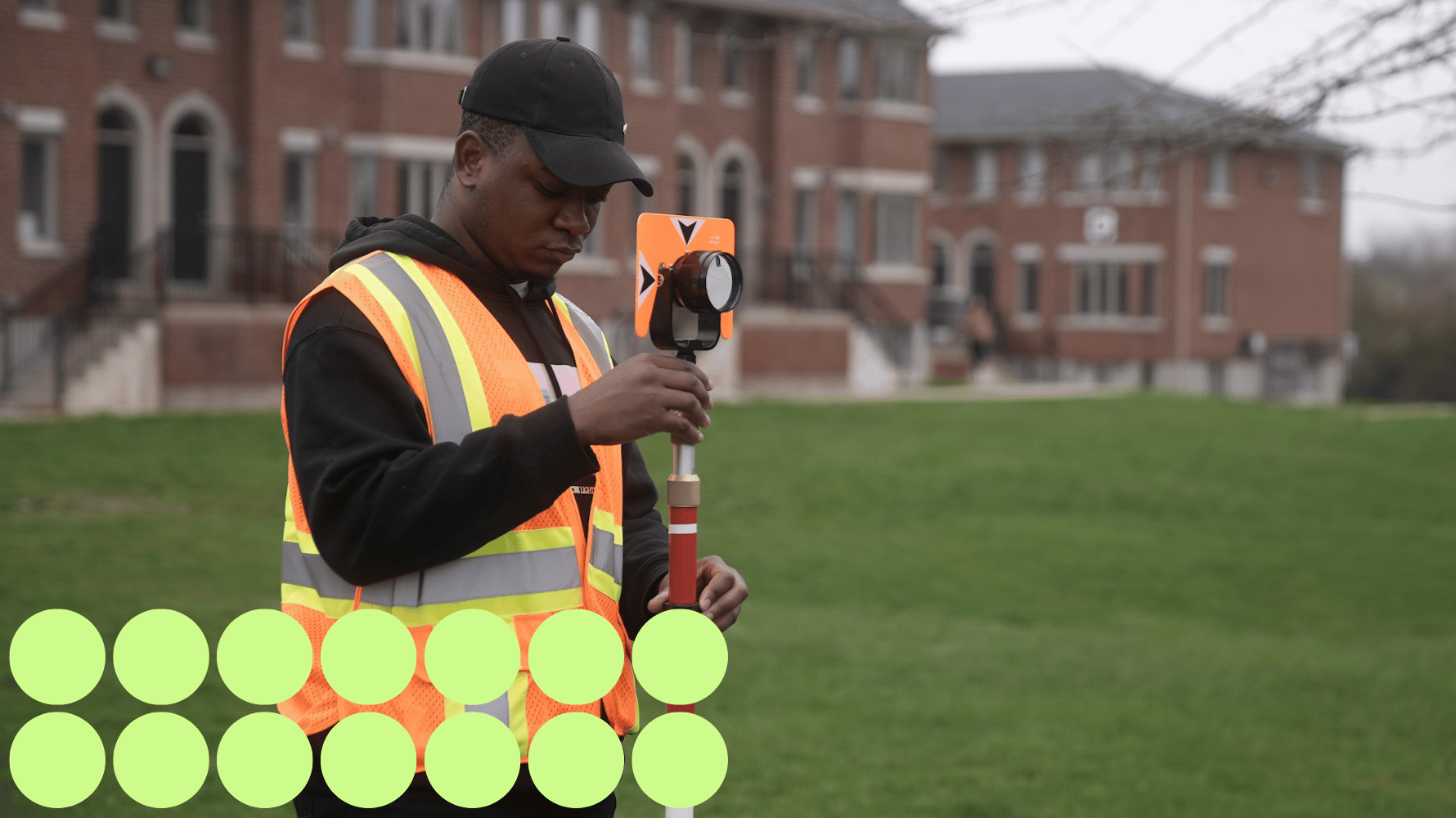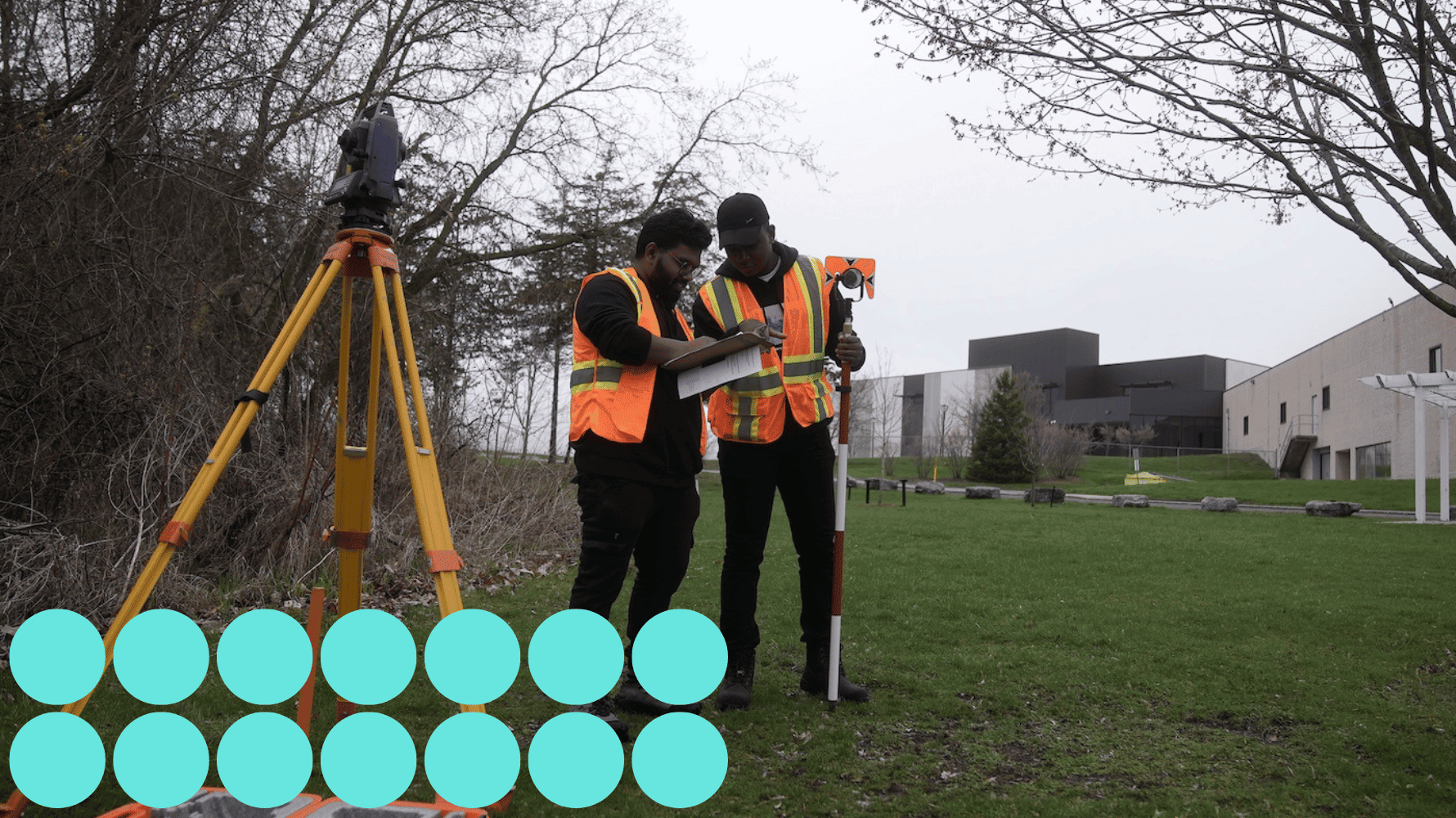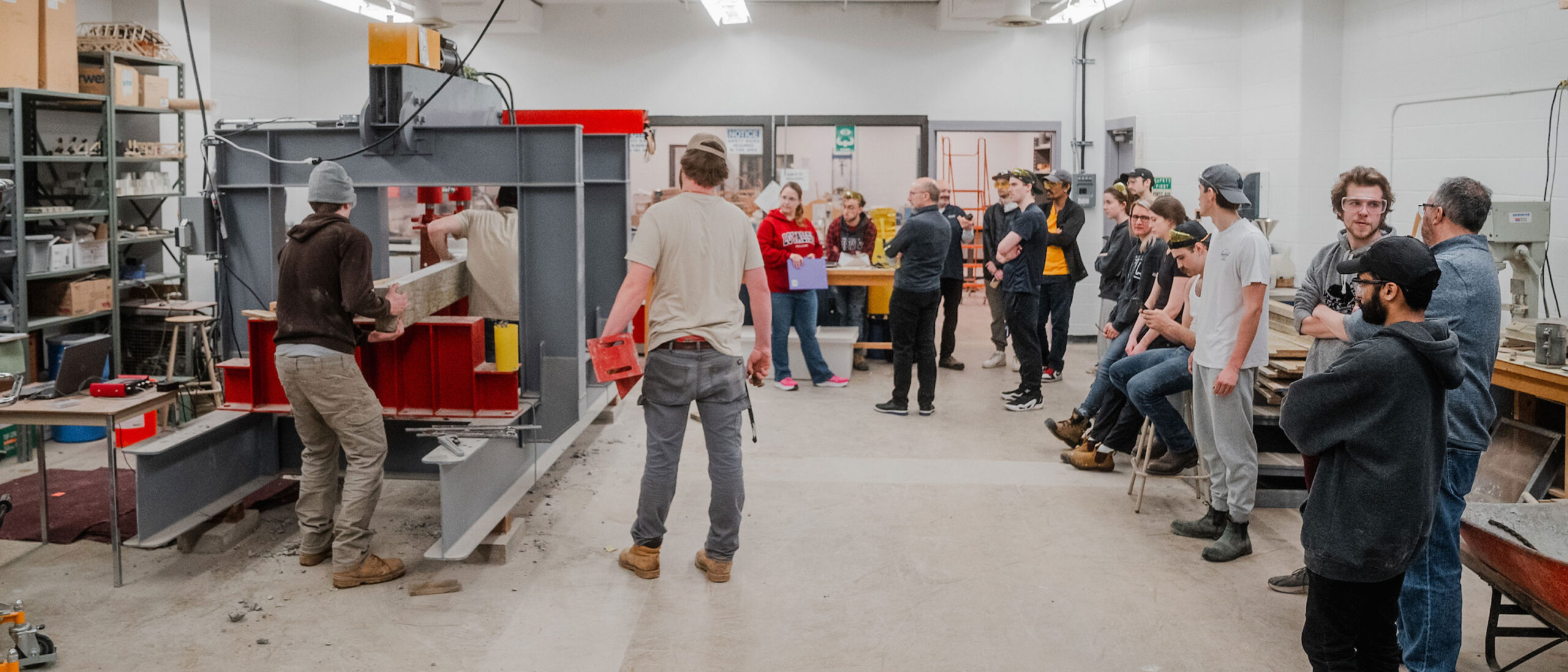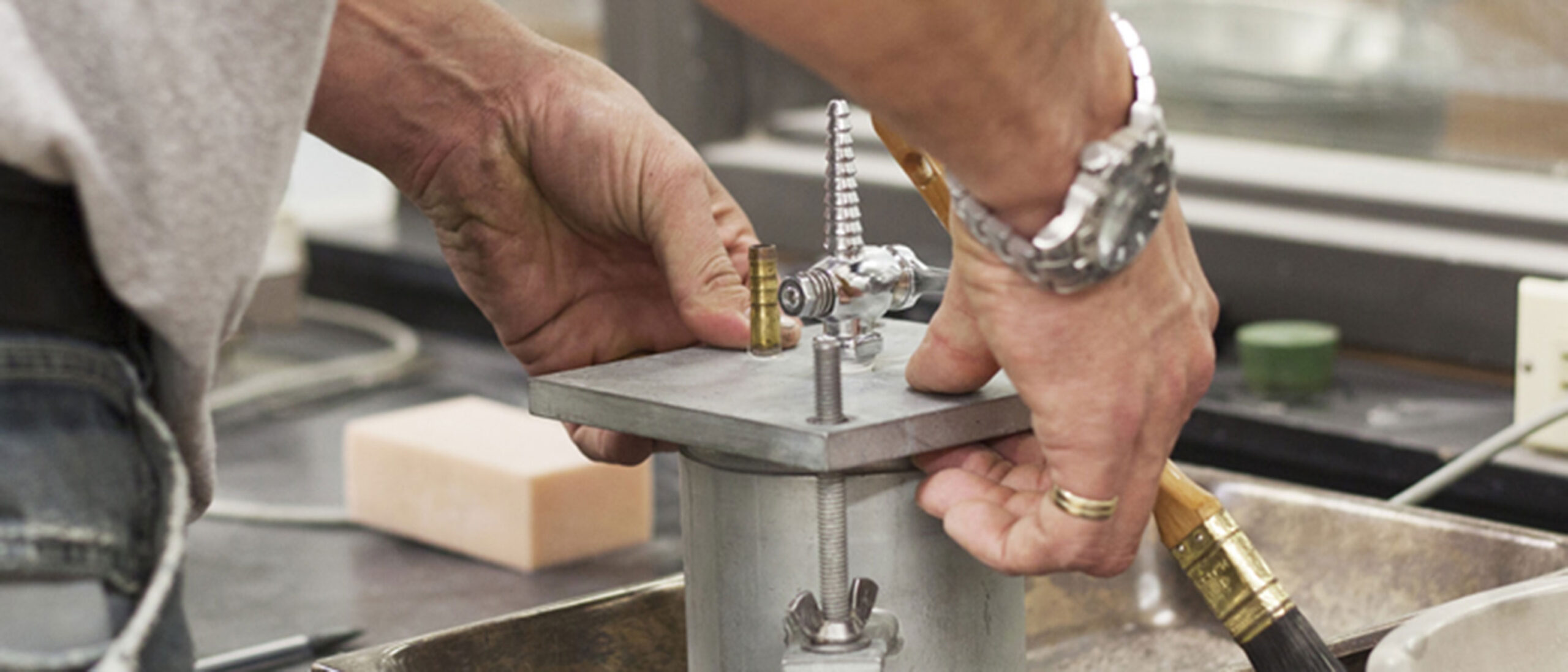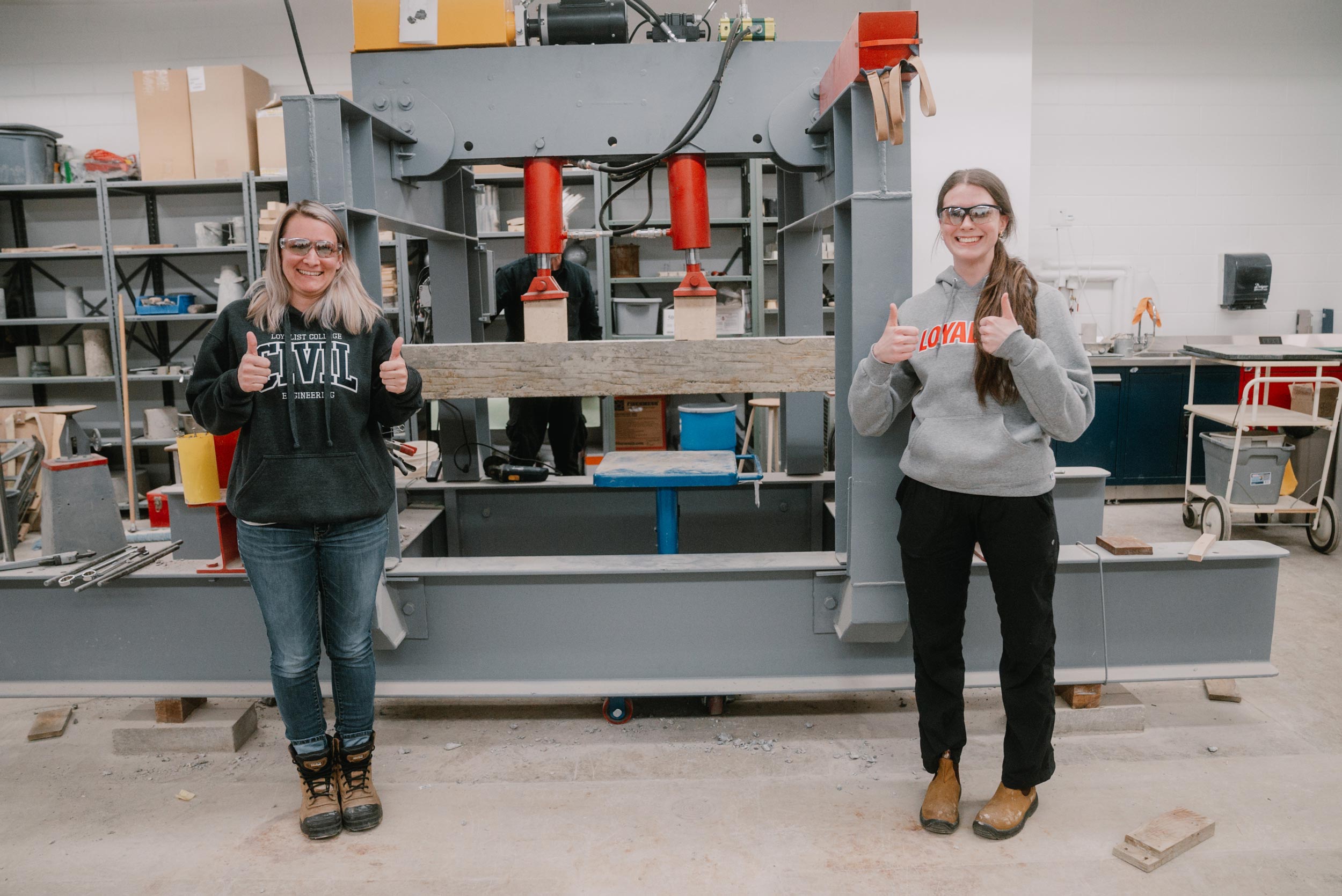Find your career
Surveying is the foundation of most engineering projects. You might be involved in:
- Working with many industries, including construction, land development, government agencies, and mining and natural resource exploration.
- Pre-engineering surveys, laying out proposed structures and locating existing improvements.
- Assisting an Ontario land surveyor in locating property boundaries.
- Gathering data for use in geographic information systems.
Our grads get great jobs
- Survey Technician, Gifford Harris Surveying Ltd.
- Junior Party Chief, Mission Geospatial Ltd.
- Instrument/CAD Person, Marshall Macklin Monaghan Ltd.
- Junior Inspector, GD Jewell Engineering Inc.
- Paving Superintendent, Villeneuve Construction Co. Ltd.
Is it for you?
This can be a rewarding career for people who:
- Are curious and investigative.
- Like mastering the latest technology.
- Are physical and enjoy spending time outdoors.
- May enjoy running a crew or managing an office space.

